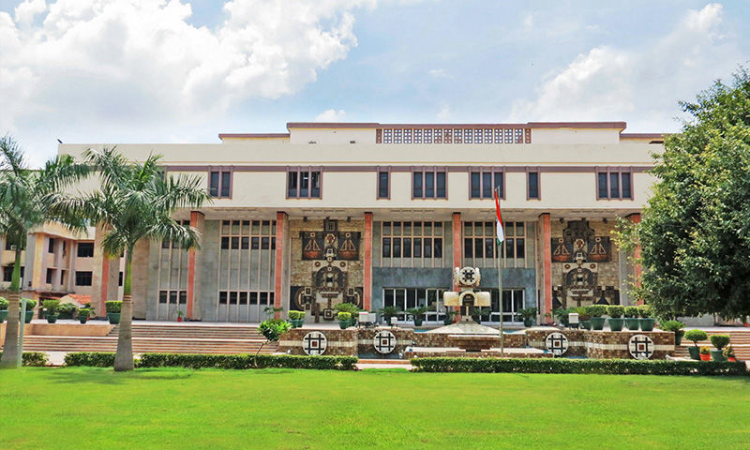Non-Payment/Insufficiency Of Stamp Duty Cannot Render The Arbitration Agreement Invalid: Delhi High Court
ausaf ayyub
7 Sept 2022 8:45 AM IST

Next Story
7 Sept 2022 8:45 AM IST
The High Court of Delhi has held that non-payment or insufficiency of stamp duty on the underlying agreement cannot render the arbitration clause invalid. The Bench of Justice Anup Jairam Bhambhani relied on the judgments of the Supreme Court in N.N. Global Mercantile Private Limited vs. Indo Unique Flame Limited[1] and Intercontinental Hotels Group (India) Pvt. Ltd. and Another...
